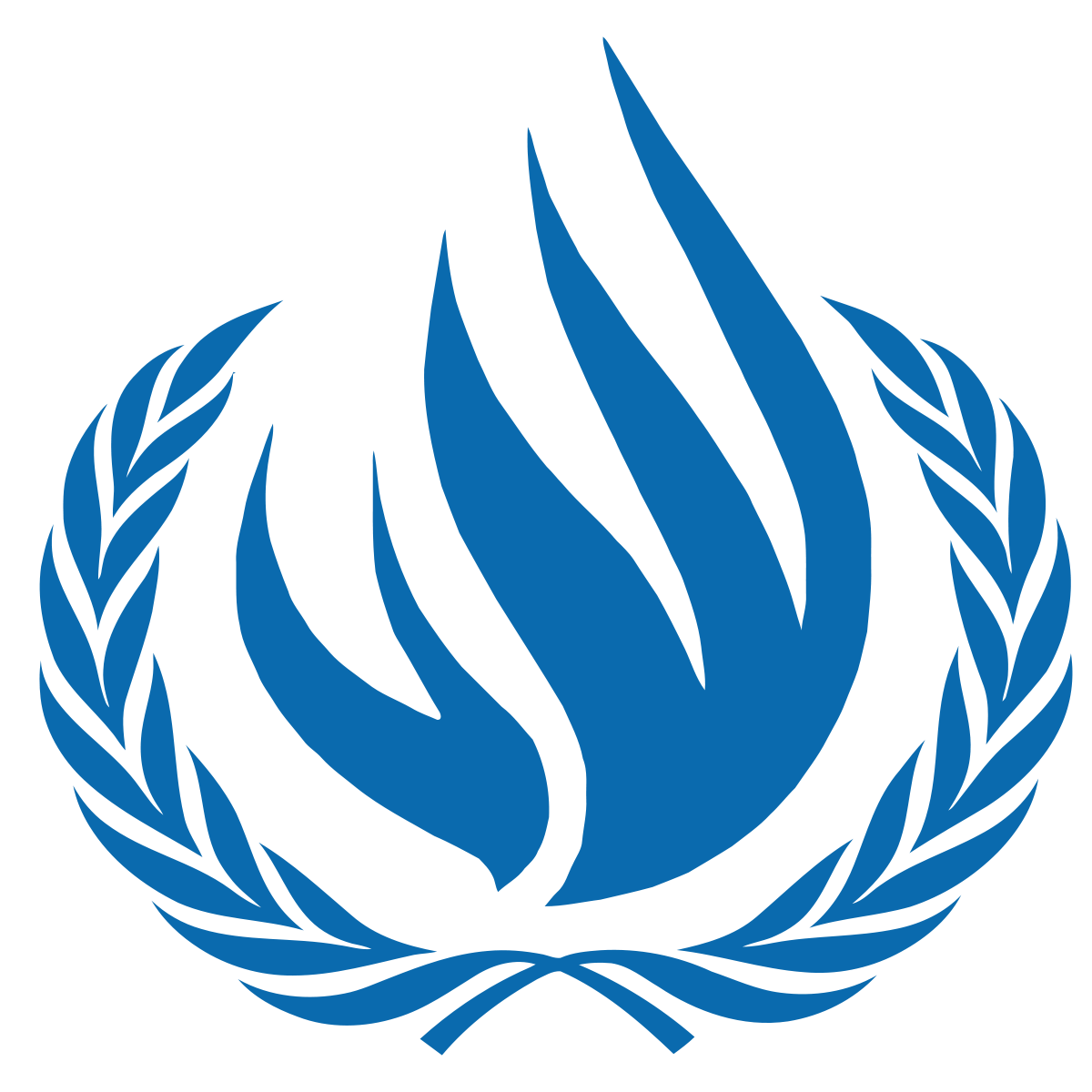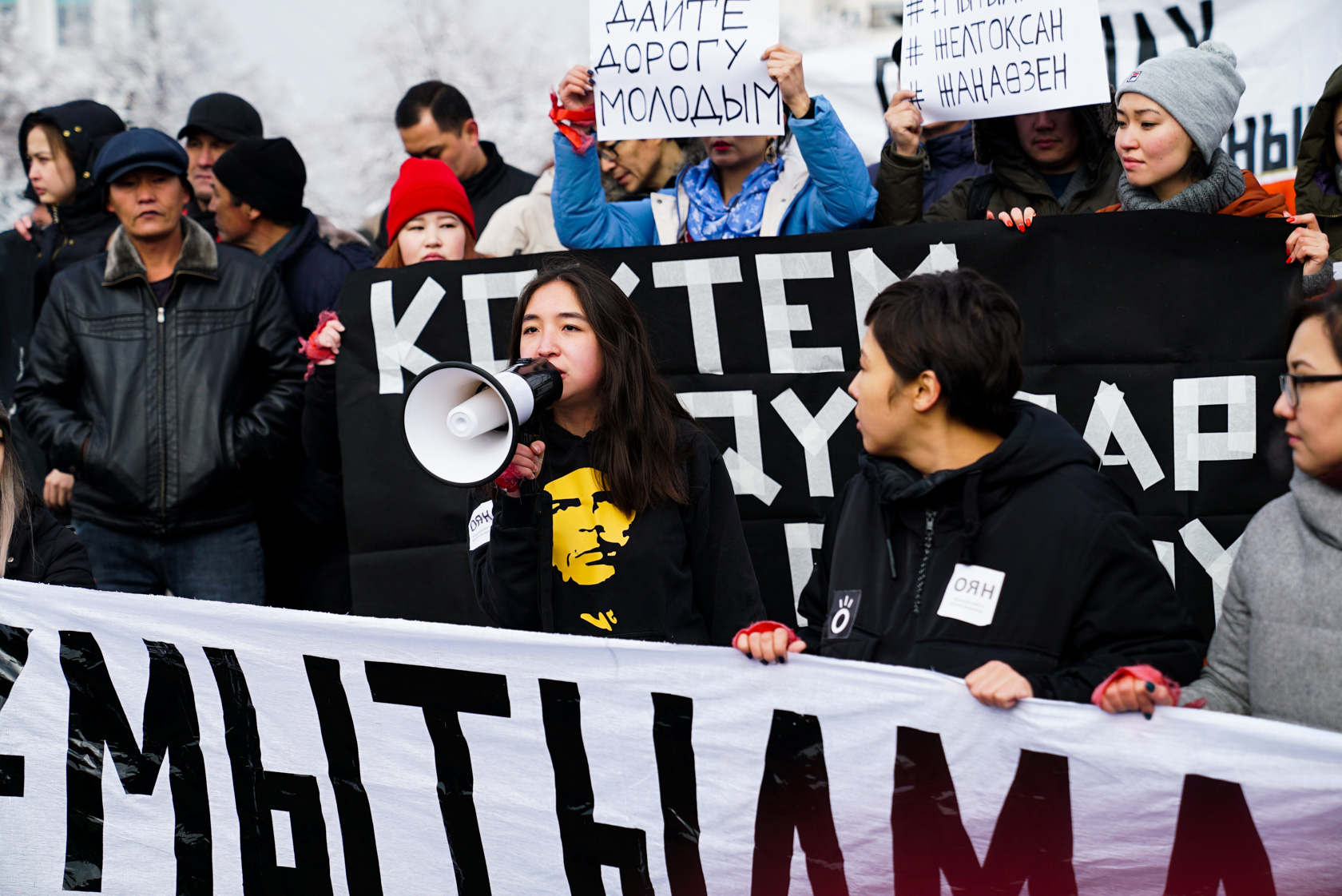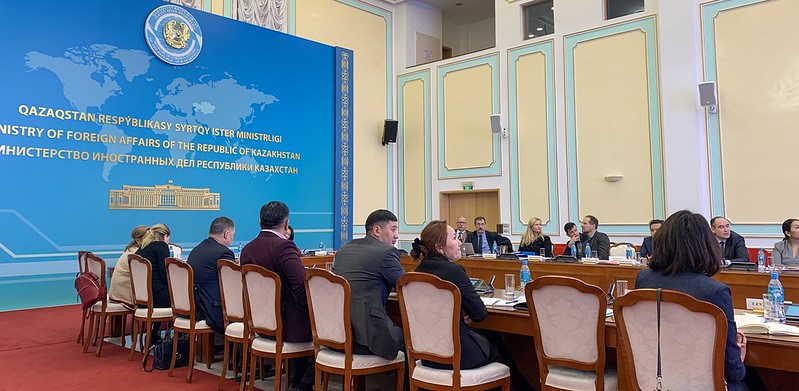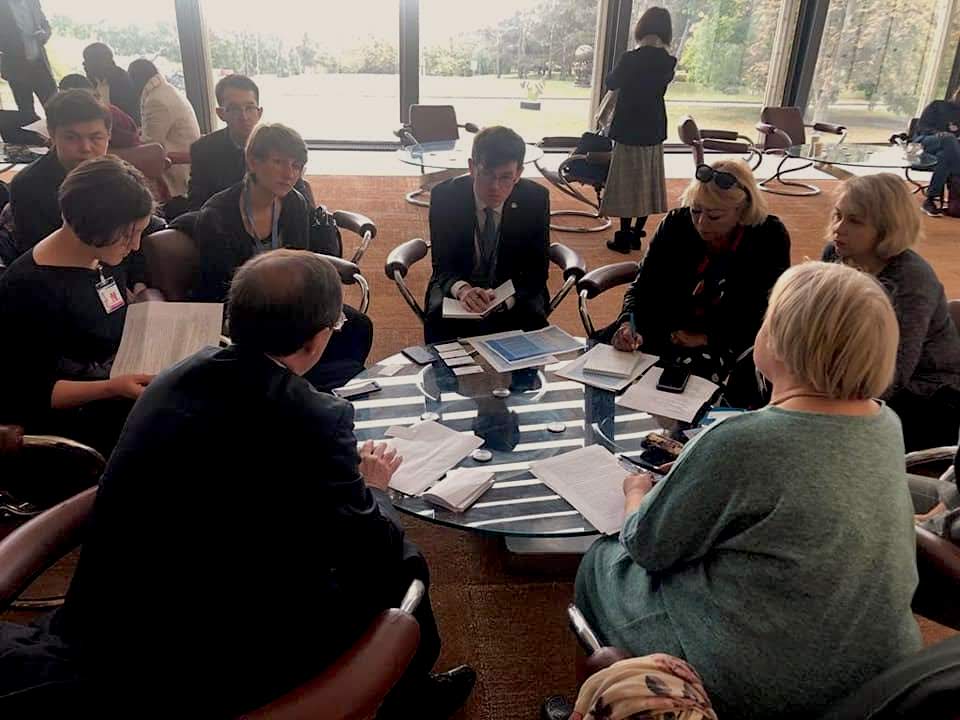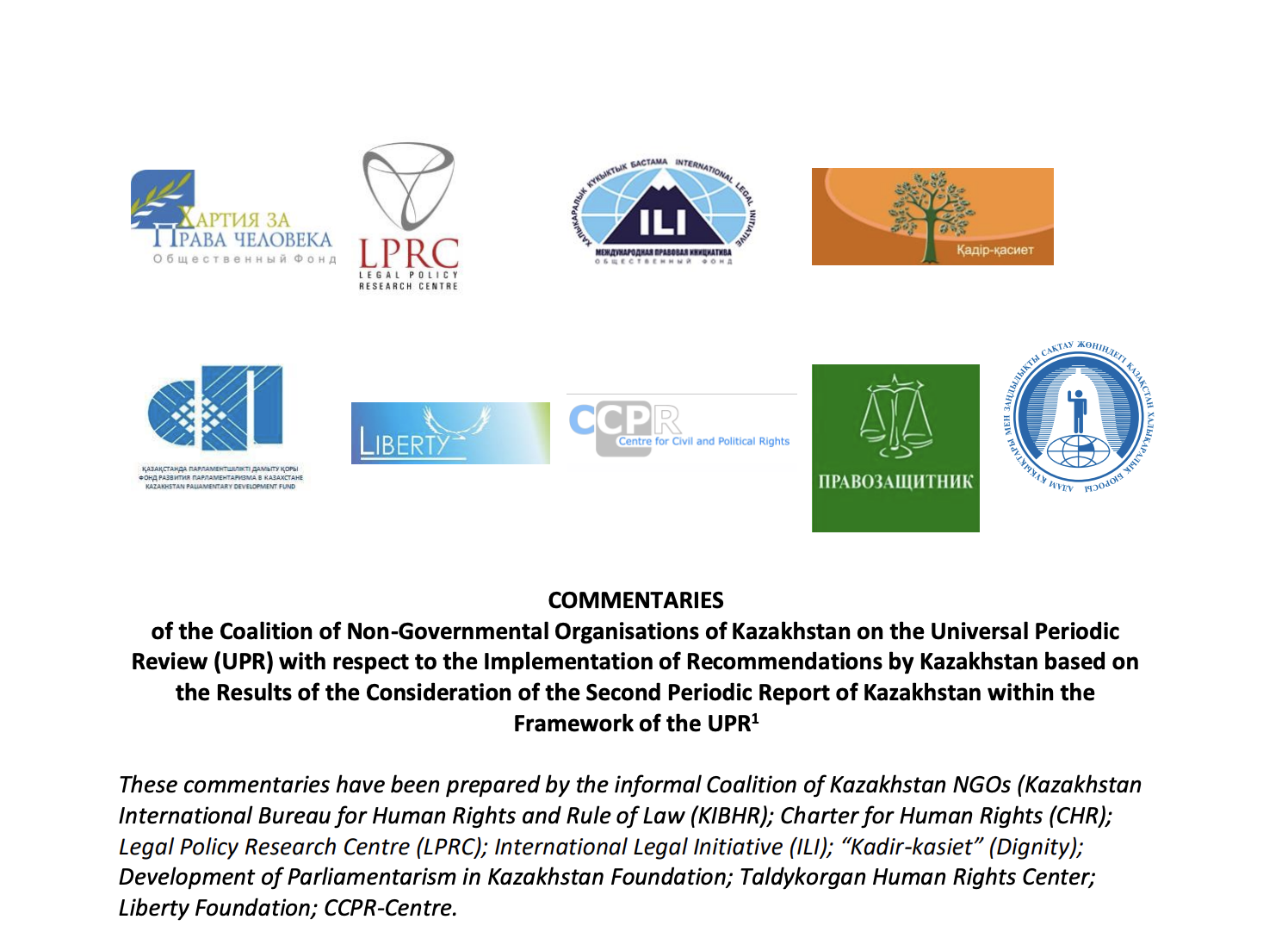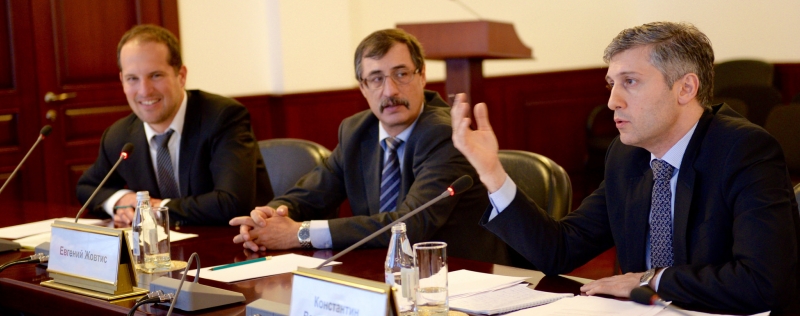Kazakhstan: Impunity for January 2022 crackdown at the center of Committee’s dialogue
Published on 16 Jul 2025, 04:07 PM
The third periodic report of Kazakhstan was reviewed on June 2025 by the Human Rights Committee
 Kazakhstan delegation along with Committee members in Palais Wilson, Geneva.
Kazakhstan delegation along with Committee members in Palais Wilson, Geneva.
On 24 and 25 July 2025, the Republic of Kazakhstan presented its third periodic report before the Human Rights Committee in Geneva. The two-day public dialogue included an extensive review of Kazakhstan’s compliance with the International Covenant on Civil and Political Rights (ICCPR). Leading the delegation was Vice Minister of Justice, Ms. Botagoz Zhaxelekova, who outlined a broad suite of constitutional and legislative reforms aimed at consolidating democracy, strengthening the rule of law, and advancing human rights.
Kazakhstan detailed major institutional reforms, including the strengthening of its Ombudsman’s mandate (the Human Rights Commissioner), the re-establishment of the Constitutional Court, and the shift to a more balanced presidential-parliamentary system. These developments were well received by the Committee as signs of progress, but Committee members still emphasized that the real test lies in the practical implementation of such reforms, particularly in areas where rights and freedoms continue to be restricted or violated in practice.
Impunity for January 2022 crackdown and restrictions to peaceful assembly
A major area of concern during the review was Kazakhstan’s response to protests, mainly the January 2022 events, and the broader legal and institutional framework governing peaceful assembly and the use of force. The 2022 unrest erupted over a sudden spike in fuel prices but quickly escalated into nationwide protests against economic hardship, government corruption, and authoritarian rule. Committee members raised the issue of lethal force used during the unrest, including reports of a “shoot-to-kill” order issued by authorities, which led to 238 deaths. The Committee questioned whether any meaningful investigations had been carried out and expressed concern that an amnesty issued later in 2022 might have prevented law enforcement officials from being held accountable.
Kazakhstan’s delegation stated that the January 2022 events were not peaceful protests but an armed uprising involving attacks on State institutions and security personnel. The delegation maintained that law enforcement agents acted within the bounds of national legislation and public safety mandates. They also pointed to existing laws regulating the use of force, and noted that internal investigations had resulted in some disciplinary action, though comprehensive figures were not provided.
The Committee also scrutinized Kazakhstan’s legal framework on peaceful assembly, with Committee member Ms. Donders questioning the low approval rate for protest notifications—only 13% during the reporting period—and the ban on participation for foreigners and stateless persons. She expressed concern that the requirement to notify authorities in advance, combined with surveillance and preventive arrests, effectively discouraged public protest.
In response, the Kazakh delegation emphasized that recent legal changes had moved from a permission-based to a notification-based system and that restrictions were applied only to maintain public order and safety. They did not, however, respond in detail to concerns about arbitrary detentions, lack of spontaneous protest allowances, or barriers for non-citizens to participate in assemblies.
Strengthening judicial independence and access to justice
As for judicial independence and access to legal remedies, the Committee questioned the dominant role of the President in judicial appointments, particularly within the Supreme Court and the Supreme Judicial Council. It also highlighted persistent barriers to justice, including limited availability of legal services in rural areas and shortcomings in the quality of legal aid. Further issues included reports of legal proceedings lacking transparency and due process, including restricted access to case files and recorded attorney-client conversations. Lastly, the Committee asked whether there were safeguards in place to ensure that online trials, introduced during the COVID-19 pandemic, did not compromise fair trial rights.
In its response, Kazakhstan’s delegation cited recent legislation strengthening disciplinary oversight of judges and the expansion of public legal aid services. Officials acknowledged challenges in guaranteeing access, but affirmed the State’s commitment to ongoing reforms. They provided few details, however, on measures to ensure attorney independence or to address the persistent gaps identified by the Committee.
Independence and role of the Human Rights Commissioner
Another central topic was the role and independence of Kazakhstan’s Human Rights Commissioner. The Committee questioned why the Ombudsman had never exercised its constitutional right to appeal laws to the Constitutional Court and expressed concern about its continued B status signaling incomplete compliance with international standards for national human rights institutions.
In response, Kazakhstan pointed to the adoption of a new constitutional law in 2022 that expanded the Ombudsman’s mandate, incorporating recommendations from the Venice Commission. Officials explained that the absence of constitutional appeals reflected a strategic and cautious use of powers, reserved for serious systemic issues. They also emphasized that the National Preventive Mechanism (NPM), coordinated by the Ombudsman’s office, conducts unannounced visits to closed facilities and works closely with civil society. However, questions about the Ombudsman’s operational independence from the executive branch remained only partially addressed.
Watch the review session again here (day 1) and here (day 2).
Disclaimer: Transcripts of the dialogue available here powered by WIPO Speech-to-Text served as the main source of the presented article and content was also generated with the assistance of artificial intelligence. While all the information was carefully checked, please refer to the audio or UN WebTV for an official version of the dialogue.
Recommendations of the Human Rights Committee
The Concluding Observations on Kazakhstan's third periodic report were released on 18th July 2025. The State party is requested to provide, by 18th July 2028, information on the following recommendations (summarized):
Anti-discrimination legal framework
The State Party should promptly adopt comprehensive anti-discrimination legislation that aligns with international standards, prohibits direct and indirect discrimination in both public and private spheres, including on grounds such as disability, ethnicity, age, sex, sexual orientation, gender identity, and other status, and ensures effective judicial and administrative remedies for victims.
Prohibition of torture and other cruel, inhuman or degrading treatment
The Committee urges the State Party to take strong measures to eradicate torture and ill-treatment, including:
- (a) Aligning its definition of torture with article 7 of the Covenant and international standards, and ensuring appropriate sanctions;
- (b) Conducting prompt, thorough, impartial, and transparent investigations into all allegations, including those from January 2022, in line with the Istanbul Protocol, ensuring prosecution and appropriate punishment of perpetrators, and full reparation for victims;
- (c) Guaranteeing victims access to full reparation, including rehabilitation, compensation, and civil remedies regardless of criminal proceedings; and
- (d) Preventing torture through measures such as enhanced training for judges, prosecutors, law enforcement, and medical personnel, based on international standards like the Méndez Principles.
Peaceful assembly
In line with article 21 of the Covenant and General Comment No. 37, the State Party should facilitate the right of peaceful assembly and ensure that any restrictions meet the principles of necessity and proportionality. It should prevent misuse of notification procedures to suppress peaceful, including spontaneous, assemblies, ensure that prohibitions are subject to effective appeal, and guarantee non-discrimination in law and practice so all individuals and civil society actors can freely organize and participate in assemblies.
Here, you can find all the recommendations given by the Committee in the Concluding Observations.
The follow-up report of Kazakhstan on the implementation of recommendations is due in 2028. The next list of issues will be adopted in 2031, and the next periodic report is due in 2032.
 Kazakhstan delegation along with Committee members in Palais Wilson, Geneva.
Kazakhstan delegation along with Committee members in Palais Wilson, Geneva.

